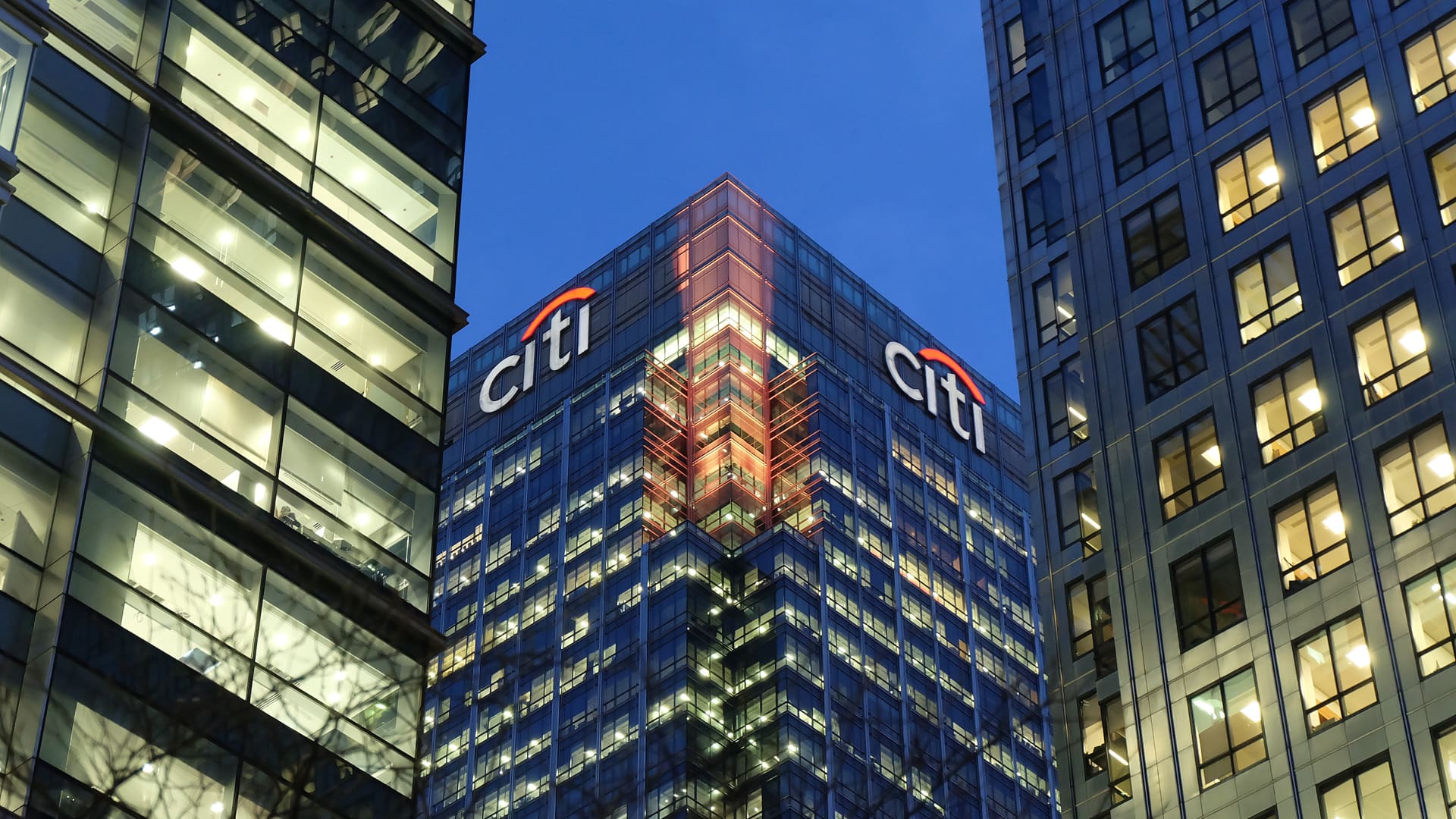
Citigroup said it had identified the cause of the flash crash and corrected the error “within minutes.”
Jim Dyson | Getty Images News | Getty Images
A so-called “flash crash” in European markets on Monday prompted several indexes to tumble sharply, sparking alarm among investors on a day when trading was thin due to public holidays around the world.
Trading was temporarily halted in several markets just before 8 a.m. London time on Monday after some European stocks abruptly turned lower.
Nordic shares were hit the hardest, with Sweden’s Stockholm OMX 30 share index falling by as much as 8% at one point, before paring most of those losses to close the session down 1.9%.
Other European markets also plummeted for a brief period.
U.S. banking giant Citigroup on Monday took responsibility for the flash crash.
“On Monday, one of our traders made an error when inputting a transaction. Within minutes, we identified the error and corrected it,” a spokesperson for Citi told CNBC.
European markets closed Monday’s session sharply lower as investors reacted to the flash crash and digested weak economic data out of China and Germany.
The pan-European Stoxx 600 traded marginally lower on Tuesday afternoon as market participants monitored key interest rate decisions worldwide.
What is a flash crash?
A flash crash refers to an extremely sharp fall in the price of an asset followed by a swift recovery within the same day.
They typically take place over a few minutes and are often caused by a trading mistake or a so-called “fat finger” error — when someone presses the wrong computer key to input data.
High-frequency trading firms have been blamed for a number of flash crashes over recent years.
In January 2020, high-frequency futures trader Navinder Singh Sarao was sentenced to one year of home detention for helping to trigger a brief $1 trillion stock market crash a decade earlier.
Sarao was charged by the U.S. Justice Department, accused of wire fraud, commodities fraud and manipulation, as well as a count of “spoofing” — when a trader places thousands of buy offers with the intent of immediately canceling or changing them before execution.
The fabrication of sudden market activity created a momentum in price that Sarao was able to profit from.
The U.S. made the practice of “spoofing” a crime in 2010 in an effort to tighten regulations following the 2008 financial crisis.






